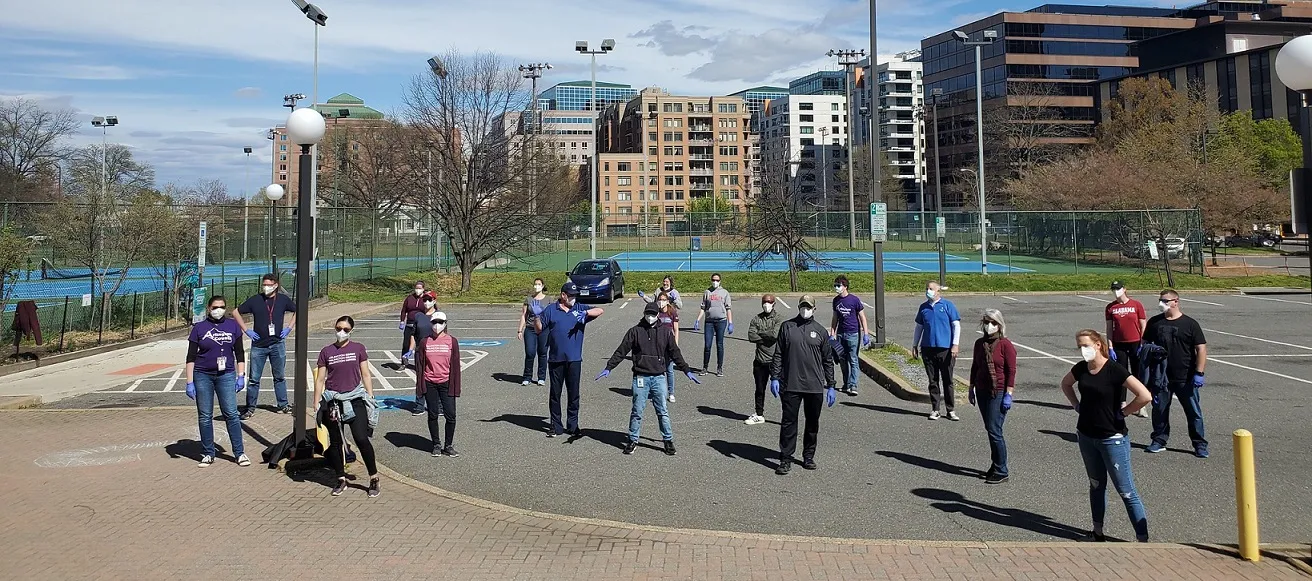Bring back the experts – how the coronavirus crisis might help stem populism

There is a spark of light in the current darkness. The magnitude and multifaceted effects of the coronavirus pandemic have drawn attention to the need for evidence-based policy responses. Even some of the most reluctant political leaders are returning to experts and established knowledge to aid their decision making in this time of crisis. If experts are indeed back in from the cold and this not just a temporary anomaly, this is good news for democracy.
‘Britain has had enough of experts,’ British MP Michael Gove famously stated during the 2016 Brexit campaign. Distrust in experts was part of a growing global trend across policy areas from education and health to foreign policy and defense, amplified by the election of US President Donald Trump—a particularly visible critic of bringing in experts.
Trust had shifted from ‘authorities to peers’ by 2005 and ‘a person like me’ emerged as a credible spokesperson by 2006, according to the Edelman Trust Barometer. In the years to follow, experts continued to lose credibility, failing to predict the 2008 financial crisis or the virulence of the political fallout that followed. In addition, experts seemed unable to communicate effectively with policy makers or ordinary citizens in an era of sound bites and viral visuals.
The dominance of social media further deepened the divide. Instead of creating a new knowledge era, academics lament the rise of ‘narcissistic and misguided intellectual egalitarianism,’ stifling evidence-based...
To read the full text of this Commentary, please visit this wesbsite: THE TIMES OF INDIA





